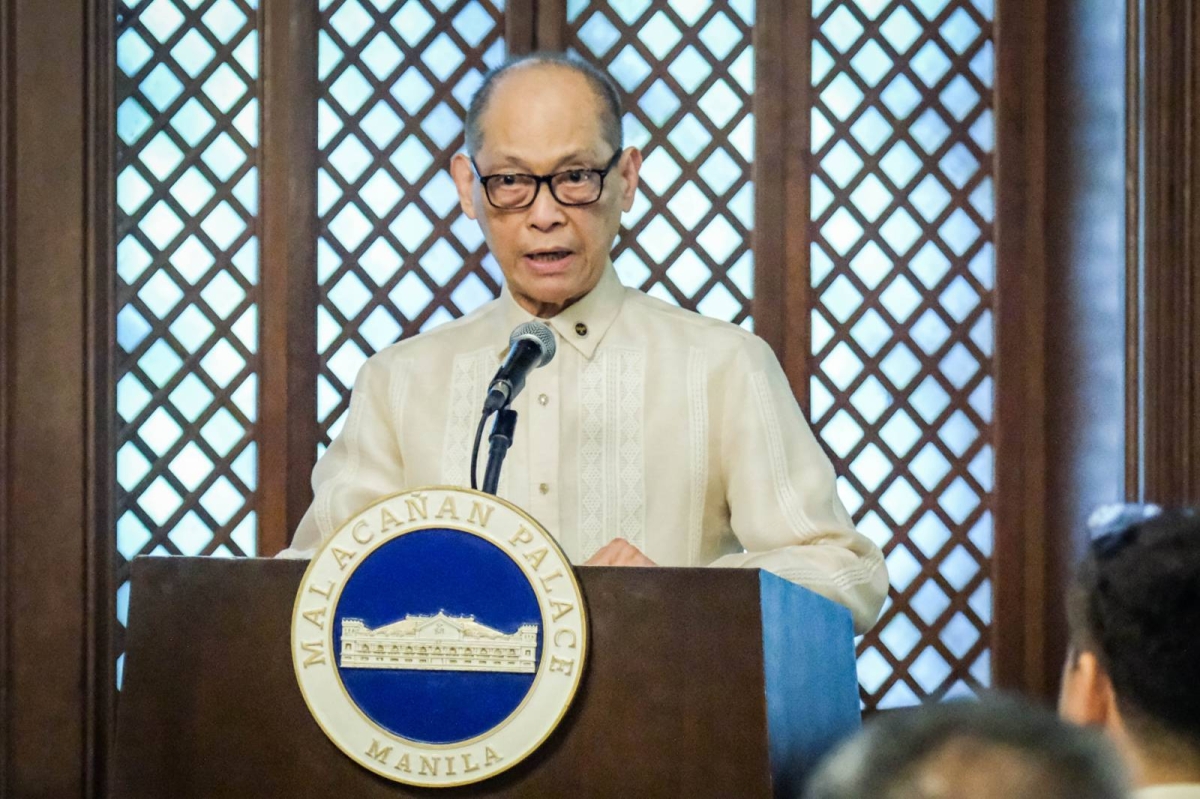The government of the Philippines is taking significant steps to address climate change through fiscal and economic policies, according to Finance Secretary Benjamin Diokno. Speaking at the United Nations Climate Change Conference (COP28) in Dubai, United Arab Emirates, Diokno highlighted the country’s commitment to attracting sustainable investments and implementing game-changing reforms.
The Session on Fiscal Policies to Address Climate Change, organized by the World Bank Group (WBG), focused on three key issues: explicit carbon pricing, fossil fuel subsidy reform, and reducing fiscal risks. Diokno participated in a panel discussion on supporting climate policy and investments in the Philippines, emphasizing the progress made in attracting sustainable investments through policy reforms.
One of the significant initiatives introduced by the Philippines is the Sustainable Finance Framework, launched in 2022. This framework outlines how the country intends to raise green, social, or sustainability bonds, loans, and other debt instruments in the international capital markets. The Department of Finance (DoF) is actively working with the Inter-Agency Task Force on Sustainable Finance, also known as the “Green Force,” to create a sustainable finance ecosystem that aligns public and private sector investments.
To ensure transparency and clarity in sustainable finance, the Bangko Sentral ng Pilipinas (BSP) and other financial regulatory agencies are developing principles-based Sustainable Finance Taxonomy Guidelines. These guidelines will serve as a tool to determine whether an economic activity is environmentally or socially sustainable.
Addressing pollution is another priority for the government. The DoF is advocating for the passage of the excise tax on single-use plastics (SUP) bill, which proposes a P100 per kilogram excise tax on SUPs with a four percent annual indexation starting from January 1, 2026. This measure aims to reduce the consumption and production of single-use plastics, contributing to efforts to combat pollution.
Furthermore, the government aims to rationalize the tax on mining to ensure the country captures a reasonable share of mining revenues without hindering mining investments. Secretary Diokno acknowledged that while the mining sector contributes to global emissions, it also plays a crucial role in supplying critical minerals needed for low-carbon energy technology and the transition to a net-zero economy. The Philippines, being the largest exporter of nickel and set to become one of the largest producers of copper globally, is committed to implementing a new mining fiscal regime by early next year.
In addition to these efforts, the Philippines is exploring the possibility of establishing an emission trading system or carbon tax to further promote decarbonization and mitigate the impact of climate change. These measures align with the country’s commitment to green activities and technologies, as reflected in various acts such as the Corporate Recovery and Tax Incentives for Enterprises Act, the Energy Efficiency and Conservation Act, the Renewable Energy Act, and the Philippine Green Jobs Act.
The government’s dedication to addressing climate change through fiscal and economic policies demonstrates its commitment to sustainability and environmental stewardship. By attracting sustainable investments, implementing reforms, and pursuing decarbonization measures, the Philippines is taking significant strides towards a more sustainable future.
Source: The Manila Times







